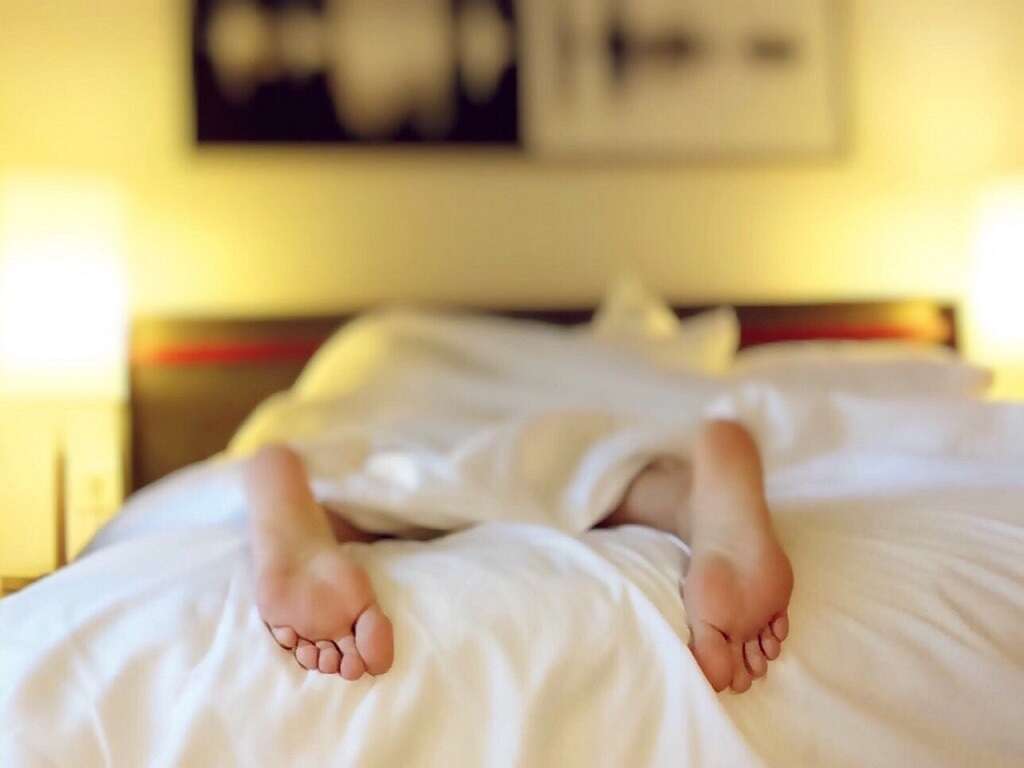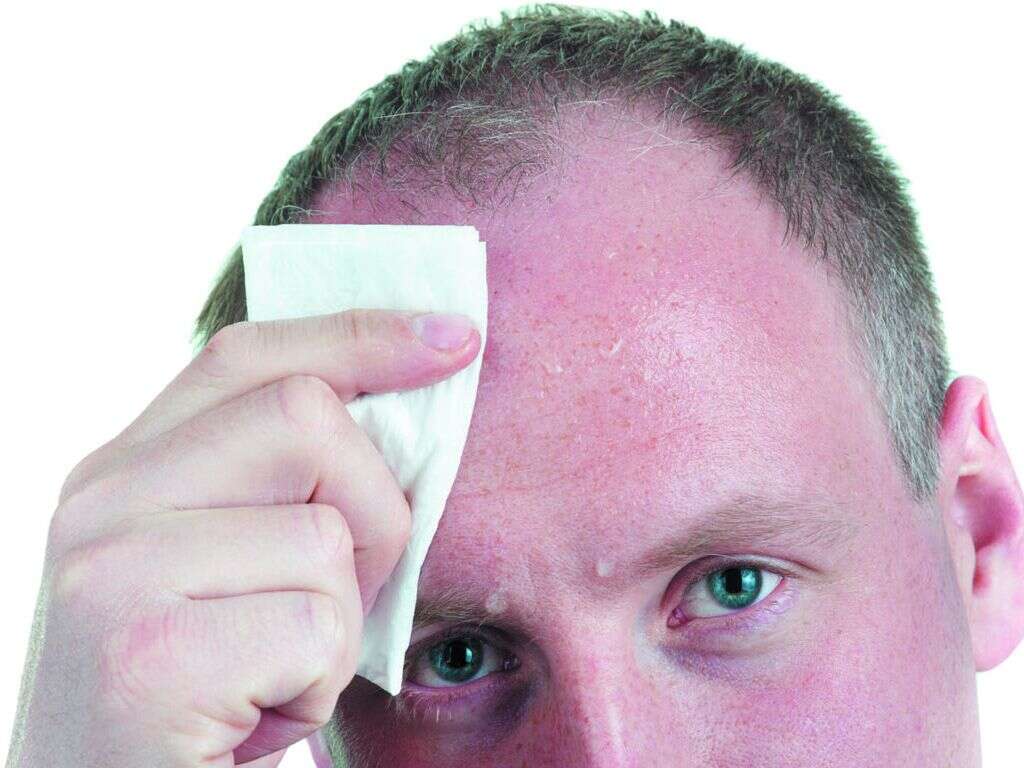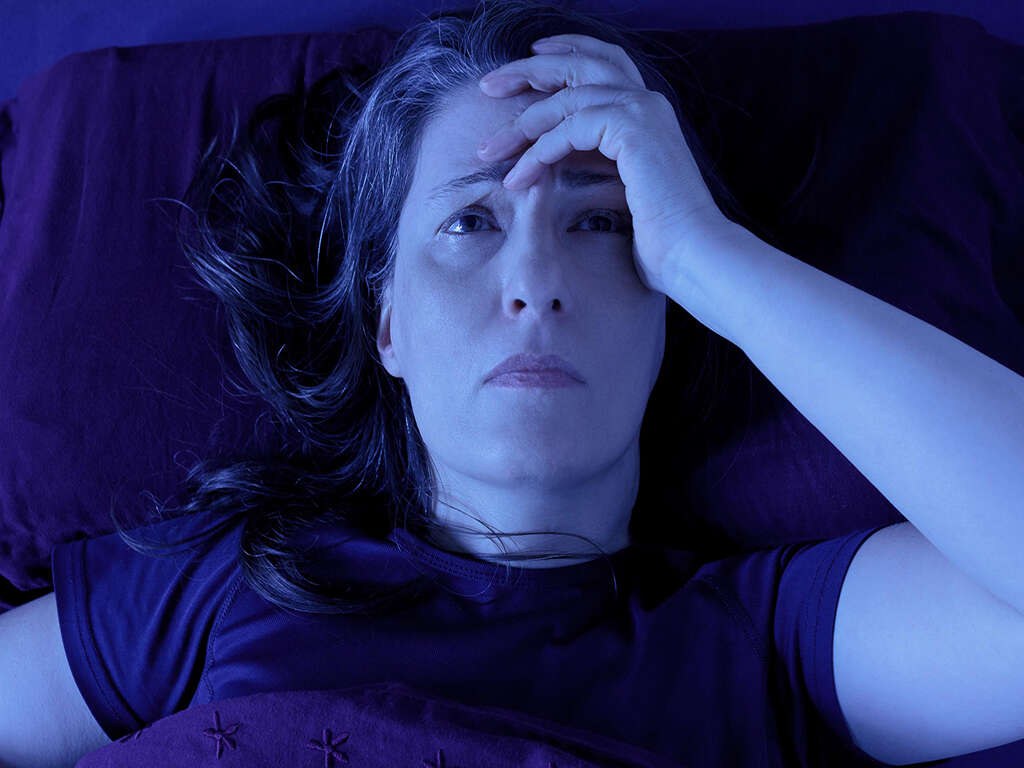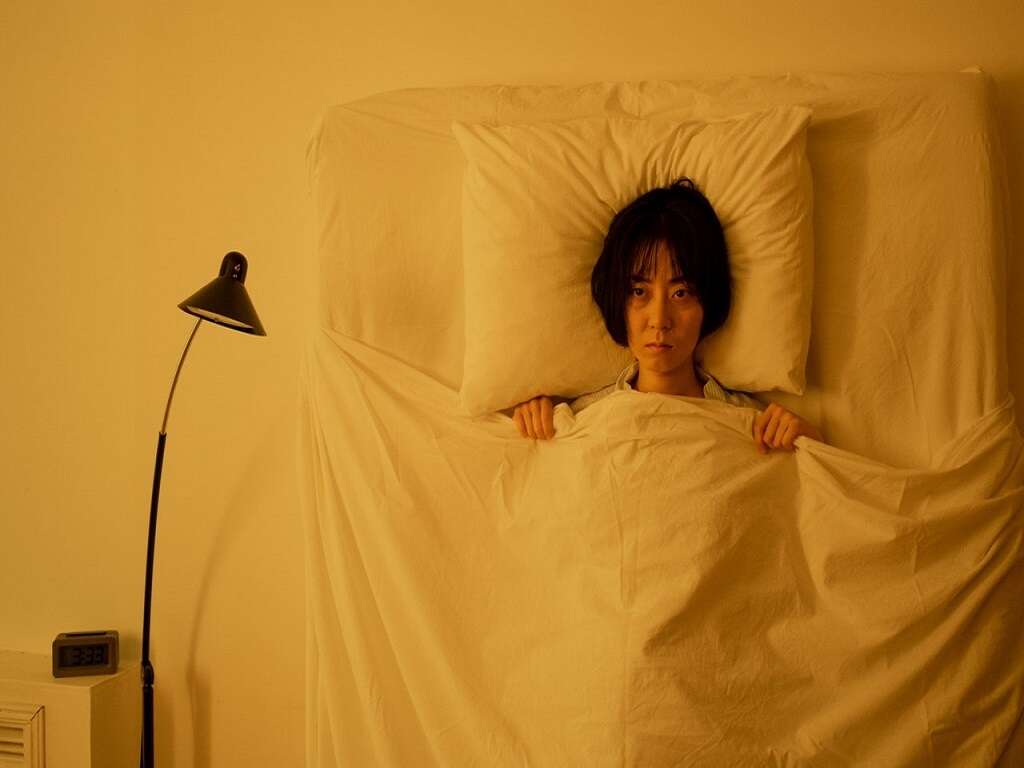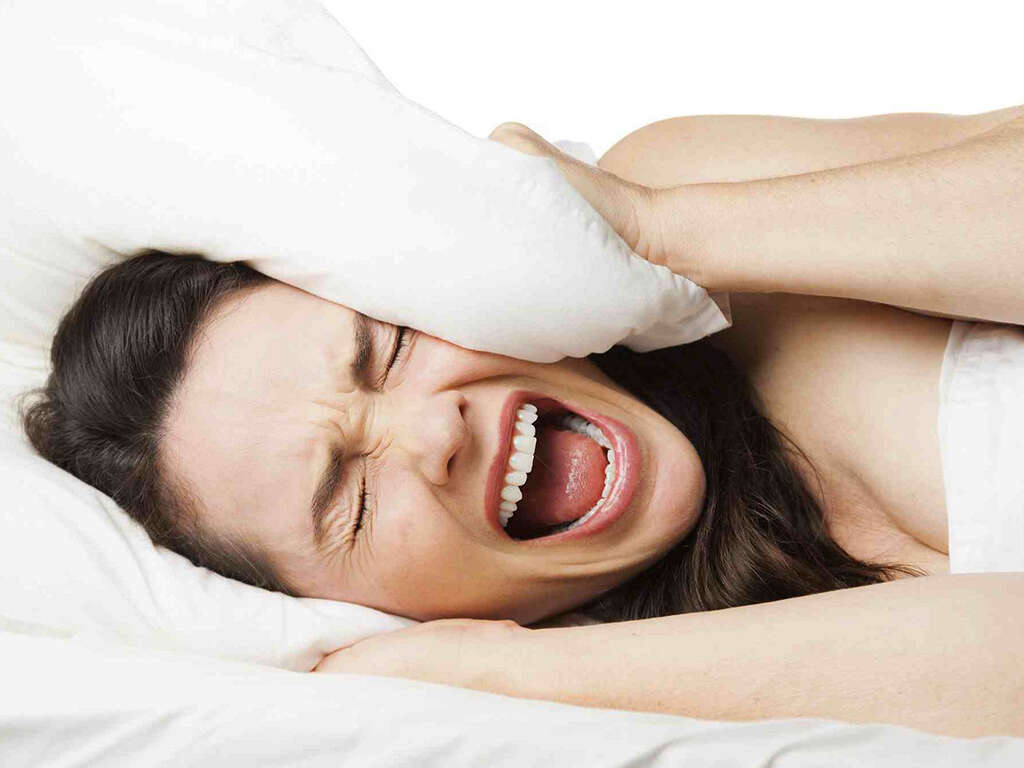10 Night Terrors Symptoms
 Article Sources
Article Sources
- 1. 'Night Terrors (for Parents) - Nemours KidsHealth.' Edited by Elana Pearl Ben-Joseph, KidsHealth, The Nemours Foundation, June 2017, kidshealth.org/en/parents/terrors.html
- 2. 'Anxiety and Sleep.' Sleep Foundation, 10 Dec. 2020, www.sleepfoundation.org/mental-health/anxiety-and-sleep#
- 3. 'Sleep Terrors and Sleepwalking.' What to Do and When to See a Doctor, www.nationwidechildrens.org/conditions/sleep-terrors-and-sleepwalking
Night terrors aren't a health concern but can interrupt sleep and cause bouts of intense fear. The person in this state rarely recalls the episode, even though they may appear awake during the night terror. An over-arousal of the nervous system during sleep is believed to be the cause. When a person transitions out of deep sleep into a lighter state, a night terror can occur.
Typically, night terrors are experienced by young children, but they may also affect adults. Post-traumatic stress disorder, a new environment, medication, excessive stress and mental health factors are common causes of night terrors in adults.
Loud Screaming
A common symptom of night terrors is loud screaming. A screaming episode typically happens when a person transitions between phases of sleep. The scream may only last for a few seconds, but it's one of the telltale symptoms of night terrors.
Post-traumatic stress disorder in adults can cause recurring episodes of high-intensity screaming during night terrors. For some people, there may not be any sound to the screaming, and they can appear frustrated by the inability to scream. If this happens, it's important to gently wake the person up and not add to their anxiety.

Sitting Bolt Upright
The fear that commonly accompanies night terrors can cause a person to suddenly sit bolt upright. If an adult or child suddenly sits up and seems shocked, it may be a symptom of a night terror.
Care needs to be taken to ensure the person experiencing these symptoms doesn't fall out of bed. If a child is prone to night terrors, it might be worth putting extra padding around the bed.
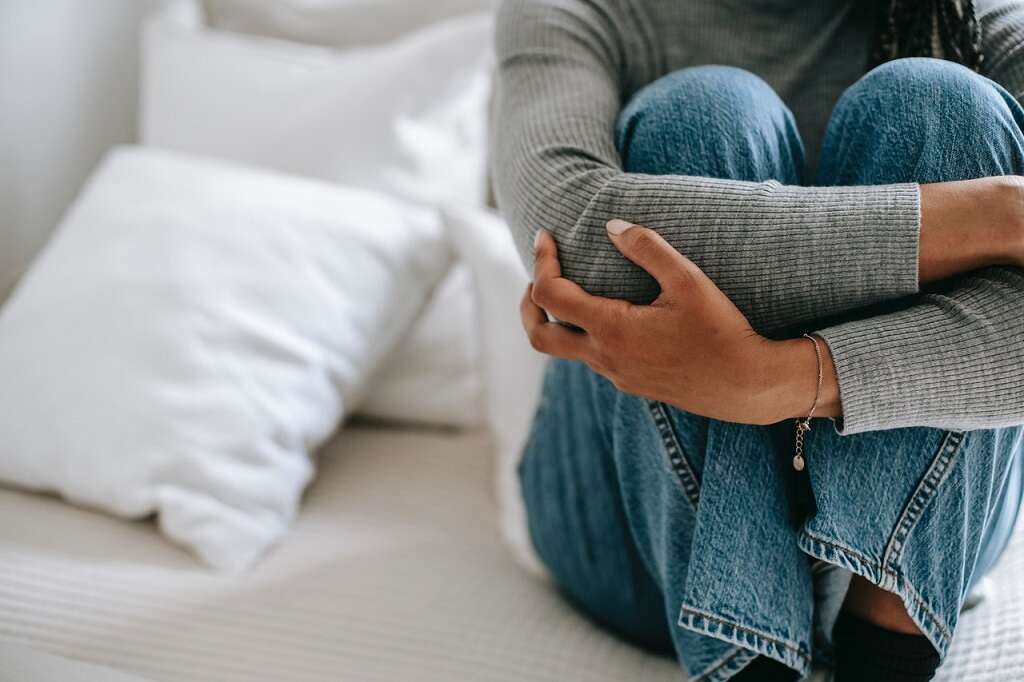
Thrashing & Kicking
During a night terror episode, an individual may be trying to escape a situation occurring in their dream-like state. The nightmare of trying to get away from the perceived threatening circumstance may cause them to thrash or kick.
Children may end up harming themselves in the process, so it's a good idea to protect and cushion their sleeping area. Thrashing and kicking caused by night terrors commonly occurs during the first stages of sleep.
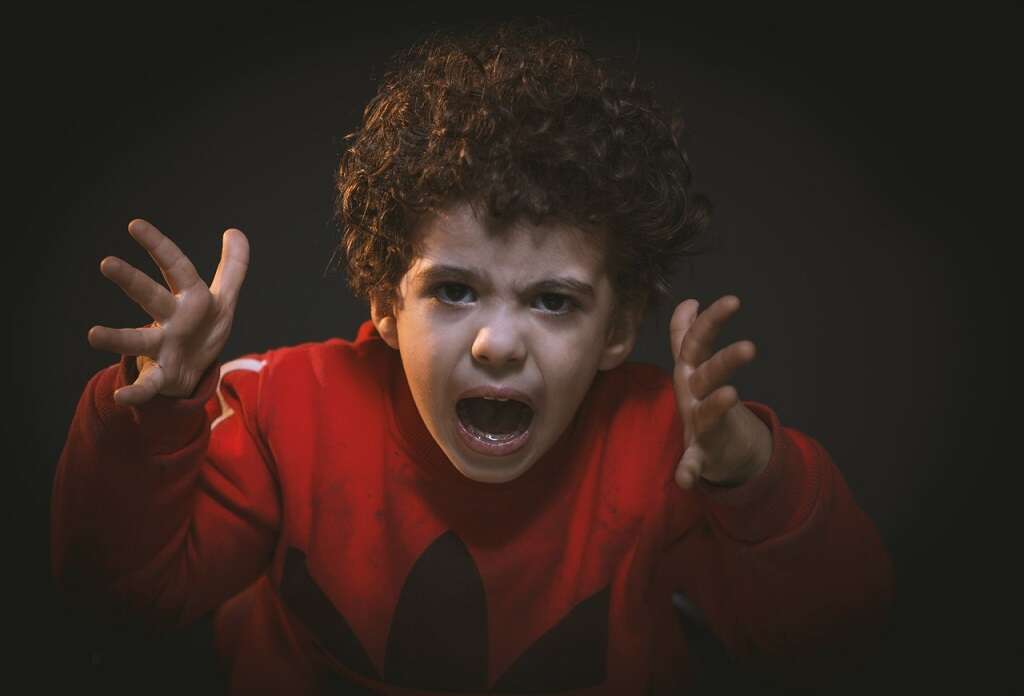
Rapid Breathing
When the body is in a state of sleep, breathing becomes shallower and the heart rate slows down. Night terrors can very quickly elevate the heart rate and cause rapid breathing when waking up from a nightmare. This can leave the person feeling disoriented and confused.
Individuals experiencing shortness of breath are encouraged to breathe deeply and take slow, deep breaths. If this doesn't work and hyperventilating occurs, they should attempt to breathe through pursed lips.
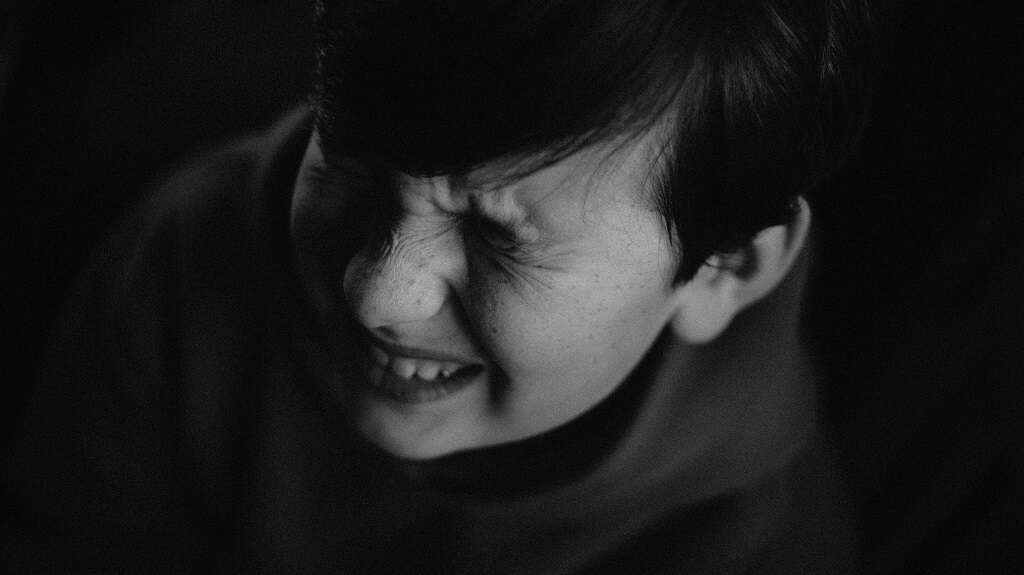
Crying
Uncontrollable crying, either while sleeping or upon waking up, is another possible symptom of sleep terrors. Nightmares can be scary, get your heart pumping and be emotionally draining.
Children may need plenty of reassurance and a safe environment should they awaken in a heightened emotional state. If the crying happens at the same time every night, parents are encouraged to wake their child up before the episode to see if it helps.1‘Night Terrors (for Parents) - Nemours KidsHealth.’ Edited by Elana Pearl Ben-Joseph, KidsHealth, The Nemours Foundation, June 2017, kidshealth.org/en/parents/terrors.html

Tired After a Night's Sleep
Feeling overtired or exhausted following a night's sleep can be a symptom of night terrors. Most people don't recall their night terrors or they just recall a dream fragment and may be left wondering why they're tired the next day.
Getting a good night's sleep has many health benefits, so it's important to identify possible triggers of night terrors and consult a sleep specialist if needed. A few of these triggers can include environment, medication and caffeine overload.1‘Night Terrors (for Parents) - Nemours KidsHealth.’ Edited by Elana Pearl Ben-Joseph, KidsHealth, The Nemours Foundation, June 2017, kidshealth.org/en/parents/terrors.html
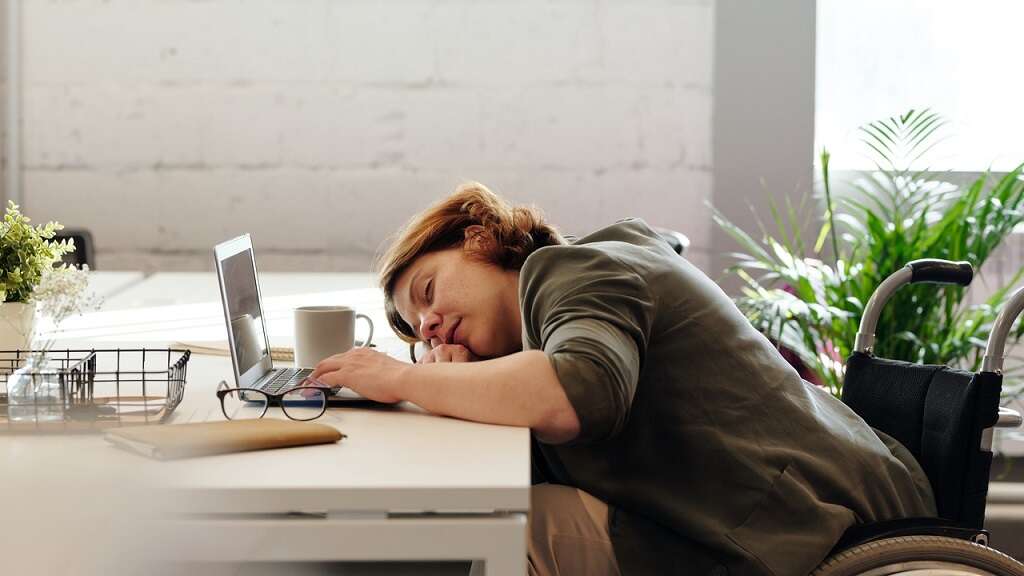
Mental Health Conditions
According to studies, there's a possible link between depression, bipolar and mood disorders and being predisposed to night terrors.2‘Anxiety and Sleep.’ Sleep Foundation, 10 Dec. 2020, www.sleepfoundation.org/mental-health/anxiety-and-sleep# Such conditions and night terrors can create a vicious circle.
Mental health issues can cause interrupted sleep patterns and sleep deprivation, which increases the risk for night terrors. In adults, night terrors can exacerbate any existing mental health disorders. Getting control of anxiety and troublesome thoughts may help lessen the frequency of these ordeals.

Extreme Fear
Night terror episodes tend to interrupt sleep patterns and when an individual wakes up, they may be left with an inexplicable sense of intense fear.
A person may not remember their night terrors, but the intense fear they experience can have an effect on their mental health. Experiencing a state of extreme fear can add to existing levels of anxiety. Night sweats may indicate a state of fear brought on by night terrors.
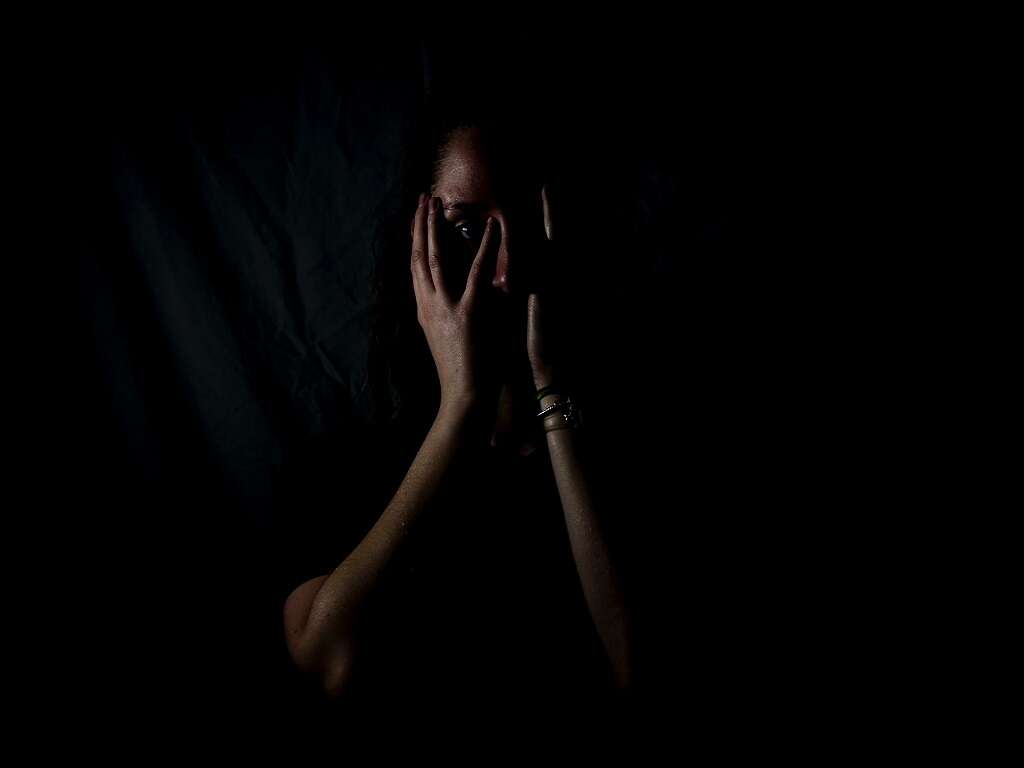
Sleepwalking
Sleepwalking from night terrors is a cause for concern. During this dream-like state, people are completely unaware of their surroundings and actions. Children who sleepwalk may be at risk of hurting themselves.
Although someone may look like they're awake when sleepwalking, they have an impaired ability to function, even when they appear to be carrying out small tasks. Approaching the individual calmly and quietly is best. Generally, sleepwalking happens within the first two hours of sleep.3‘Sleep Terrors and Sleepwalking.’ What to Do and When to See a Doctor, www.nationwidechildrens.org/conditions/sleep-terrors-and-sleepwalking
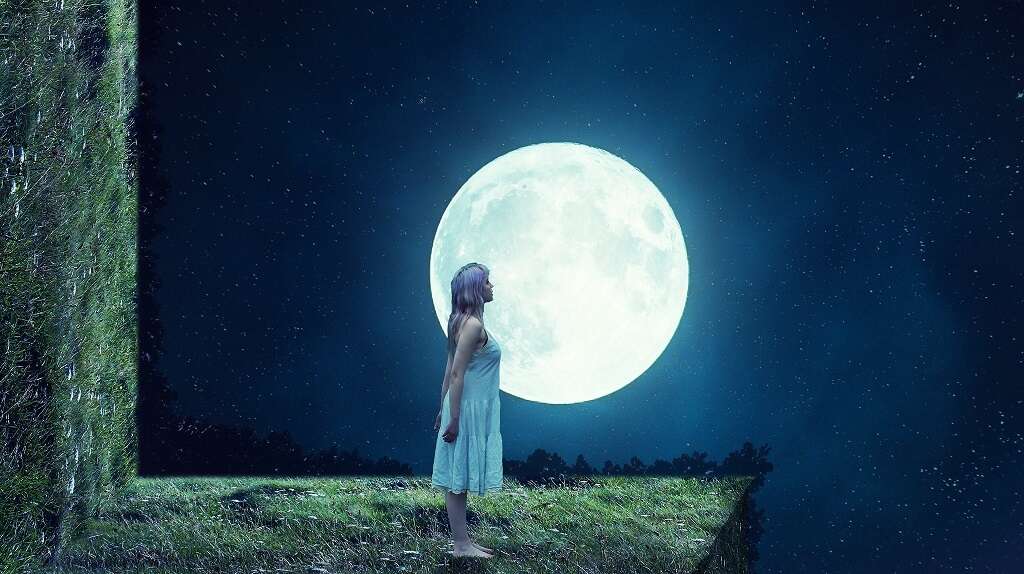
No Memory of Events
If a child or adult can't recall the events from the night before, it may be due to night terrors. People commonly remember details of their nightmares but not sleep terrors.
Some individuals may appear to be awake during an episode, but they're suspended between stage three and four of sleep, which commonly occur within the first few hours of sleeping. After an episode, it's normal for a person to return to their usual sleep pattern.



